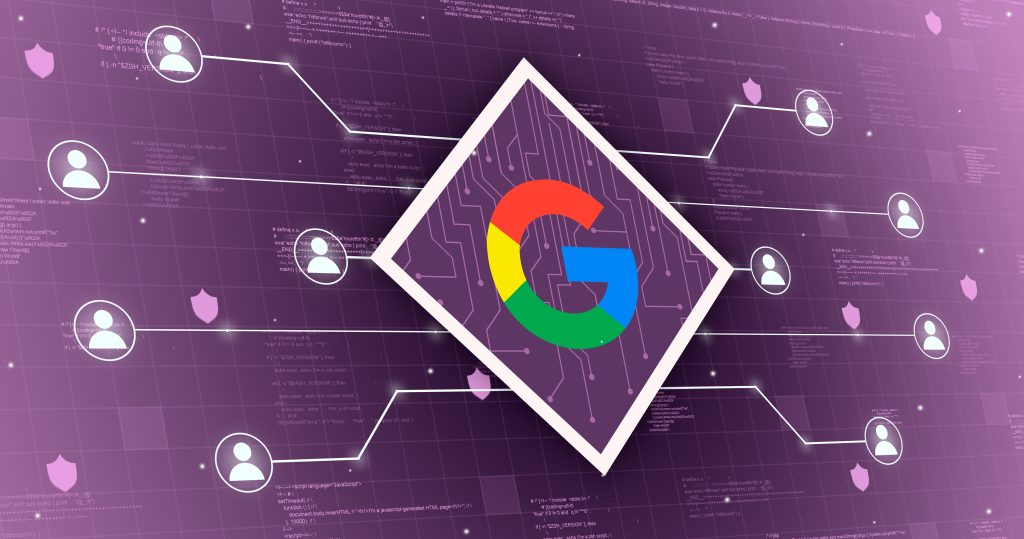
































Google`s Alphabet introduces Gemini, its state-of-the-art AI model adept at handling various data formats such as video, audio, and text. Gemini uses advanced reasoning and nuanced understanding, marking a substantial leap from previous Google technology-a milestone emphasised by Alphabet's CEO Sundar Pichai in their scientific endeavours.
Gemini has three distinct versions, each tailored to accommodate various processing power needs: Ultra, the largest and most capable; Nano, a smaller and more efficient iteration; and Pro, a mid-sized model with intermediate capabilities.
The integration ofGemini Prointo Google's AI assistant, Bard, marks an initial step in practical implementation. This integration will extend its availability to more than 170 countries and territories. Moreover, Alphabet plans to broaden access to Gemini by making it available to developers through Google Cloud's API starting on 13 December.
Gemini Nano,a Google-developed AI model tailored for on-device functions and specifically optimised for mobile devices, has been implemented in the Pixel 8 Pro.
Gemini Ultrais the most powerful and capable variant of Google's Gemini AI model. It is designed to work with text, images, video, audio, and code and is the first model to outperform human experts on Massive Multitask Language Understanding (MMLU), a widely recognised benchmark in AI evaluation. Google reports exceptional performance, outshining both human experts and its competitor, ChatGPT. The Gemini Ultra will undergo comprehensive trust and safety evaluations before a potential launch in 2024.
In the coming months, Google plans to make Gemini available in more of their products and services like Search, Ads, Chrome and Duet AI.
Moreover, Alphabet unveiled the Cloud TPU v5p, accelerating AI model training speeds nearly threefold compared to previous iterations. Developers gained access to these chips during a preview following the announcement. DeepMind's contribution to crafting Gemini, the most extensive AI model to date, promises a more cost-effective solution for users.
This unveiling follows the competitive race sparked by OpenAI's ChatGPT release, spurring Google to vie with Microsoft-supported AI. DeepMind's involvement promises cost-effectiveness, making advanced AI more accessible to users by refining efficiency without compromising quality. Its diverse data processing abilities have far-reaching implications in various fields, from enhancing digital assistants to revolutionizing data analytics and content processing.
 Tags quentes :
Inteligência artificial
Económico
Tags quentes :
Inteligência artificial
Económico